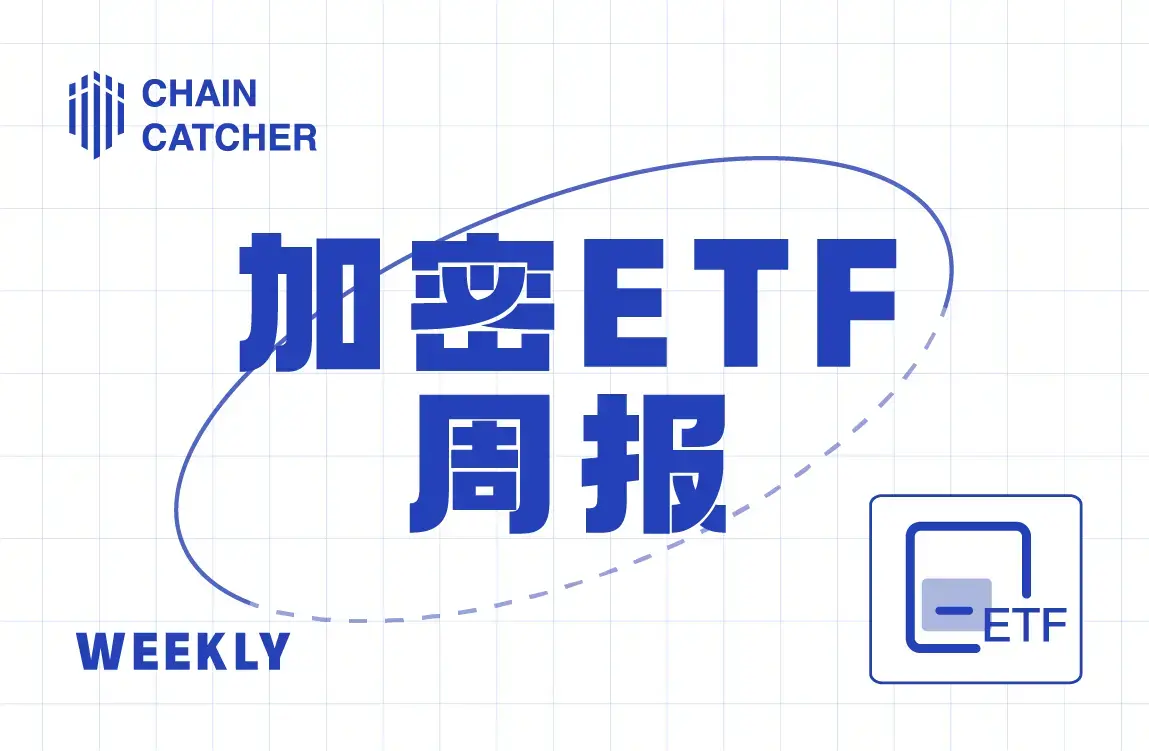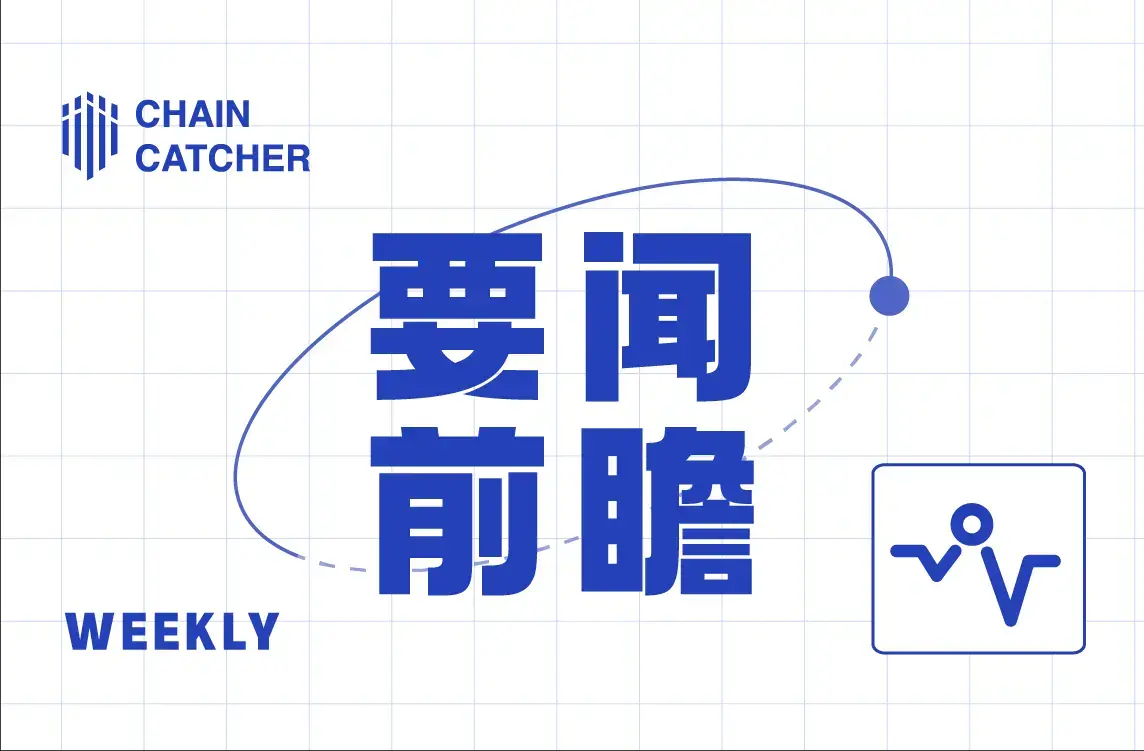The new narrative for MegaETH revenue: Launching the native stablecoin USDm in collaboration with Ethena
USDm aims to unify network incentive mechanisms, enabling MegaETH to run sequencers at cost price, thereby bringing the lowest usage fees to users and developers.
MegaETH represents the ultimate battle for high-performance chains. Supported by blockchain heavyweights such as Vitalik, Joseph Lubin, and Dragonfly, it boasts ultra-low latency (as low as 10 milliseconds) and extremely high performance (TPS up to 100,000), providing the infrastructure potential for high-performance scenarios (trading, payments, etc.) to reach their "iPhone moment."
The majority of L2s profit by adding extra margins to sequencer fees and gas fees. However, this also creates a conflict between users and public chains: users must pay more for the chain to be more profitable.
To achieve large-scale Dapp growth (such as high concurrency) and enable new scenarios (such as high-frequency quantitative trading), low network fees are a killer tool for growth. Just as Memecoin requires low network fees—although it originated in the ETH ecosystem, its explosive growth occurred in the Solana ecosystem. The reason is that Memecoin’s demand for speed far exceeds that of traditional DeFi types. With the emergence of CLOB (on-chain order books) and similar forms, more high-performance scenarios are now pursuing extreme speed, such as high-frequency trading on-chain.
As technology advances (increased throughput, reduced data costs), the profit margin from sequencer revenue becomes more unstable and difficult to sustain long-term; raising fees to protect profits directly suppresses innovation and growth.
MegaETH has partnered with Ethena to launch a brand-new native stablecoin, USDm, aiming to unify the network incentive mechanism. This enables MegaETH to run sequencers at cost price, bringing the lowest possible usage fees to users and developers.
Through USDm, MegaETH shifts the network’s funding source from "user-paid fees" to "financial returns," thereby supporting network growth.
Today, MegaETH officially launches USDm, a native stablecoin designed to support various innovative applications on MegaETH. USDm is issued through Ethena’s stablecoin architecture (see below) and is designed for deep integration into MegaETH’s wallets, applications, and on-chain services.
"USDm means users can enjoy lower fees, while application developers have broader design space. MegaETH is pleased to collaborate with Ethena to create a win-win situation for all participants in the ecosystem."
Reserves and Returns
USDM v1 is issued via Ethena’s USDtb channel, with reserves primarily invested by Securitize in BlackRock’s tokenized US Treasury fund BUIDL, while retaining some liquid stablecoins to meet redemption needs. This provides transparent, institutional-grade reserve backing and a predictable yield base.
Reserve Flexibility
Ethena’s stablecoin architecture is designed for long-term scalability, allowing MegaETH to flexibly adjust the collateral composition of USDM and incorporate other existing or future Ethena products (such as USDe). USDM v1 will launch based on USDtb, but its underlying design allows the reserve structure to be dynamically adjusted as market conditions change.
Operational Expense Coverage
The yield from underlying reserves will be directly used to cover sequencer operating costs. This allows us to price gas at operational cost, maintaining low and stable fees for users and developers without relying on extra profit margins. This benefits major blockchain scenarios such as high-frequency quantitative trading and payments.
Realigning Incentive Mechanisms
As network growth drives up costs, we do not need to raise user fees to maintain sustainability. The more network activity, the more prosperous the ecosystem; stablecoin yields, in turn, provide financial support for the network. When transaction fees are stable and below one cent, many application categories that are unfeasible under "per-operation costs of several cents" become viable.
Currently active stablecoins on MegaETH, such as USDT0 and cUSD, remain first-class citizens in the ecosystem and are widely used in wallets, payment agents, DEXs, and money markets. Among them, USDT0 serves as the standard USDT representation on MegaETH. We will continue to maintain its deep liquidity, oracle coverage, and optimal execution routing, so developers and users can choose the most suitable asset according to their needs.
Why Choose Ethena?
Ethena is the protocol behind USDe, the third largest and fastest-growing USD-denominated crypto asset in history. Currently, Ethena’s TVL exceeds 13 billion USD, with a user base among the top DeFi protocols, and it has integrated with several leading centralized exchanges and mainstream DeFi applications. Ethena has demonstrated the ability to scale quickly and securely, becoming the third largest USD issuer in the crypto space.
Ethena’s reserve-backed stablecoin channel, USDtb, has achieved rapid adoption and institutional application. Currently, USDtb’s circulation is about 1.5 billion USD, and as the first stablecoin expected to comply with the "GENIUS Act," it is advancing in cooperation with Anchorage Digital Bank. USDtb’s reserves are mainly invested by Securitize in BlackRock’s tokenized US Treasury fund BUIDL (target allocation about 90%).
Meanwhile, Ethena and Securitize have enabled 24/7 atomic swaps between USDtb and BUIDL, further enhancing settlement efficiency and transparency.
We are delighted to partner with Ethena to bring a top-tier DeFi user experience to MegaETH.
About Ethena
Ethena is the protocol behind USDe, the third largest and fastest-growing USD-denominated crypto asset in history. Ethena’s TVL currently exceeds 13 billion USD, with one of the largest user bases among DeFi protocols, and it has integrated with several leading centralized exchanges and mainstream DeFi applications.
About MegaETH
MegaETH is the first real-time blockchain, secured by Ethereum and powered by a highly optimized execution environment and heterogeneous architecture. It enables streaming throughput, with ultra-low latency (as low as 10 milliseconds) and high performance (TPS up to 100,000). Developers can scale applications through real-time state streaming, and users can experience instant transactions while fully retaining Ethereum’s composability.
Disclaimer: The content of this article solely reflects the author's opinion and does not represent the platform in any capacity. This article is not intended to serve as a reference for making investment decisions.
You may also like
Morning News | Strategy has accumulated over 200,000 bitcoins so far this year; US SEC Chairman says US financial markets may move on-chain within two years
A summary of major market events on December 7th.

Crypto ETF Weekly Report | Last week, US Bitcoin spot ETFs saw a net outflow of $87.7 million; US Ethereum spot ETFs saw a net outflow of $65.4 million
UAE-based Mashreq Capital has included bitcoin ETFs in its new multi-asset fund.

Weekly News Preview | Federal Reserve Announces Interest Rate Decision; Stable Mainnet Launch
This week's top news highlights from December 8 to December 14.

Wang Yongli: Why did China resolutely halt stablecoins?
China is accelerating the development of the digital yuan, and its policy stance to resolutely curb virtual currencies, including stablecoins, has become fully clear. This approach is based on a comprehensive consideration of factors such as China’s global leadership in mobile payments and the digital yuan, the sovereignty and security of the renminbi, and the stability of the monetary and financial system.

Trending news
MoreMorning News | Strategy has accumulated over 200,000 bitcoins so far this year; US SEC Chairman says US financial markets may move on-chain within two years
Crypto ETF Weekly Report | Last week, US Bitcoin spot ETFs saw a net outflow of $87.7 million; US Ethereum spot ETFs saw a net outflow of $65.4 million
